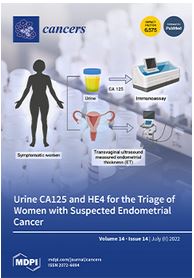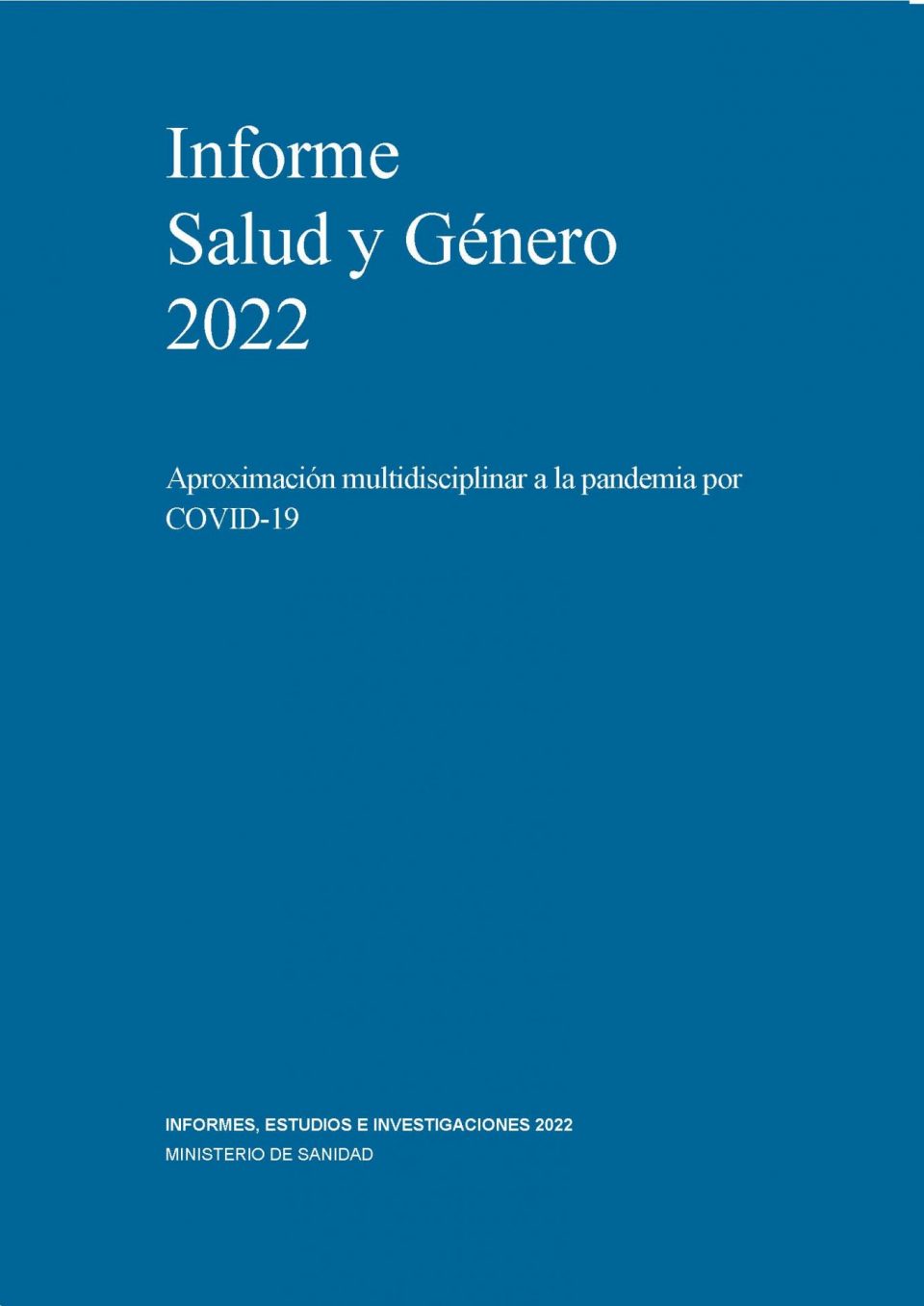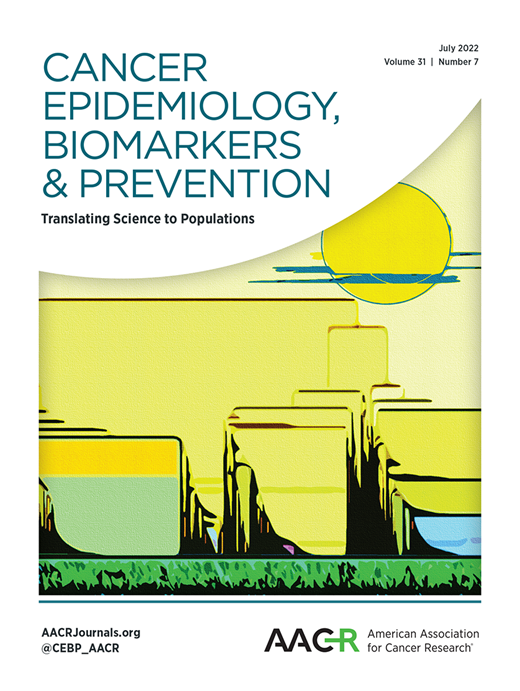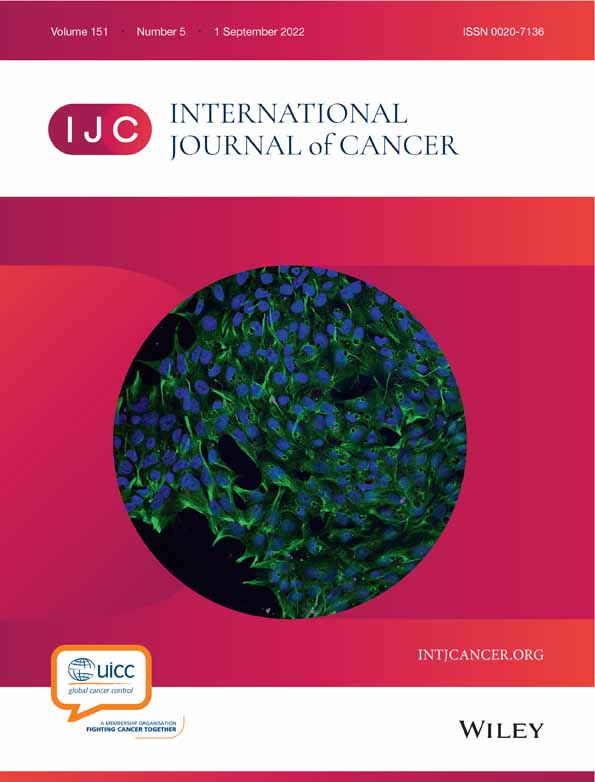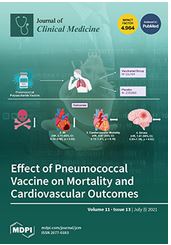Eficacia del Servicio de Asistencia en Nuevos Medicamentos para mejorar su adherencia en pacientes con enfermedades crónicas en farmacias comunitarias españolas: protocolo de un ensayo pragmático aleatorizado
Introducción: La falta de adherencia a los medicamentos es uno de los desafíos a los que se enfrentan los sistemas de salud. Los pacientes con mala adherencia al tratamiento no se benefician de la eficacia de la medicación, lo que se asocia con peor calidad de vida, aumento en hospitalizaciones y muertes y, en consecuencia,…




